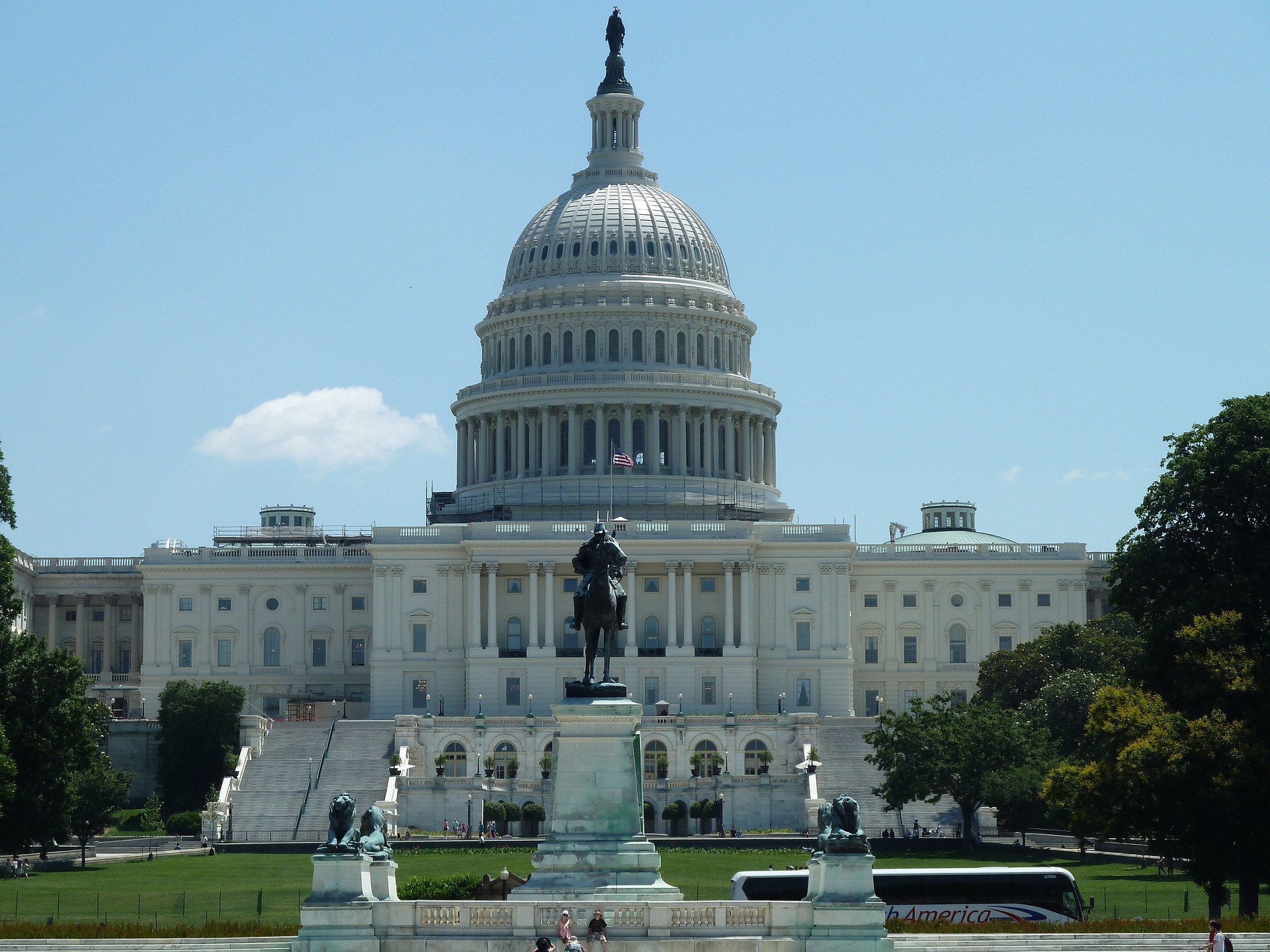
The rise of cryptocurrencies such as Bitcoin and Etherium has allowed millions of people worldwide to invest in a new form of asset. As with any new form of digital transaction, the law has been slow to keep pace and set regulations on the market. This has been both a boon and a hindrance for crypto investors, as they have been able to move these assets freely from party to party but have also not enjoyed any protection against fraud and other scams.
In August of 2022, a pair of U.S. senators proposed legislation for regulating digital assets. This new potential regulation looks to redefine cryptocurrencies as commodities under the umbrella of financial regulation. This means that the Commodity Futures Trading Commission (CTFC) would have direct jurisdiction to oversee the trading of these assets. This could have profound implications for both individual investors and large firms. If you have questions about how to protect your assets, ask a knowledgeable internet law attorney for guidance.
Senators Debbie Stabenow (D- Michigan) and John Boozman (R- Arkansas) introduced a new bill onto the Senate floor in August of 2022. Carrying the title “Digital Commodities Consumer Protection Act of 2022,” (DCCPA) this piece of legislation aims to amend the existing Commodity Exchange Act of 1936 (CEA).
The CEA is a set of laws that regulate the commodities and futures trading market. To this end, the CEA created the Commodity Futures Trading Commission (CFTC) to oversee these markets. However, the rise of digital currency trading has fallen into a gap in CEA coverage. The DCCPA proposed an amendment to the CEA to classify digital currency transactions as falling under the umbrella of the CEA. This means that the CFTC would have the ability to regulate and investigate these markets.
Passage of the DCCPA, as it is currently written, will bring both benefits and drawbacks to the cryptocurrency market. As things currently stand, any online entity can claim to deal in cryptocurrency with little oversight from the federal government. The only exception is when the CFTC uses its power to investigate fraud and manipulation in the spot markets. If the DCCPA becomes law, it will broaden the CFTC’s power to regulate the crypto market.
This means that consumers will enjoy greater protection, and sellers of cryptocurrency would need to register as a platform, dealer, or broker. This would hopefully give buyers and sellers greater confidence in these parties’ legitimacy and financial backing.
At the same time, sellers of cryptocurrency will need to register with the federal government, and follow the applicable rules and regulations that are sure to follow. This can complicate the sale of these assets and potentially increase transaction costs across the board.
Cryptocurrency has a reputation as being an easily transferable way to build, transfer, and hold wealth. While this does offer an efficient way to gain wealth, it also exposes buyers and sellers to the fraudulent schemes of others.
The Digital Commodities Consumer Protection Act of 2022 would classify cryptocurrencies as digital commodities subject to regulation by the Commodity Futures Trading Commission. If this bill passes, it is likely to forever change the cryptocurrency market. At Lomnitzer Law, our attorneys will keep track of this potential legislation and could help you make the needed adjustments if these changes become law. Schedule a consultation with us to learn more.